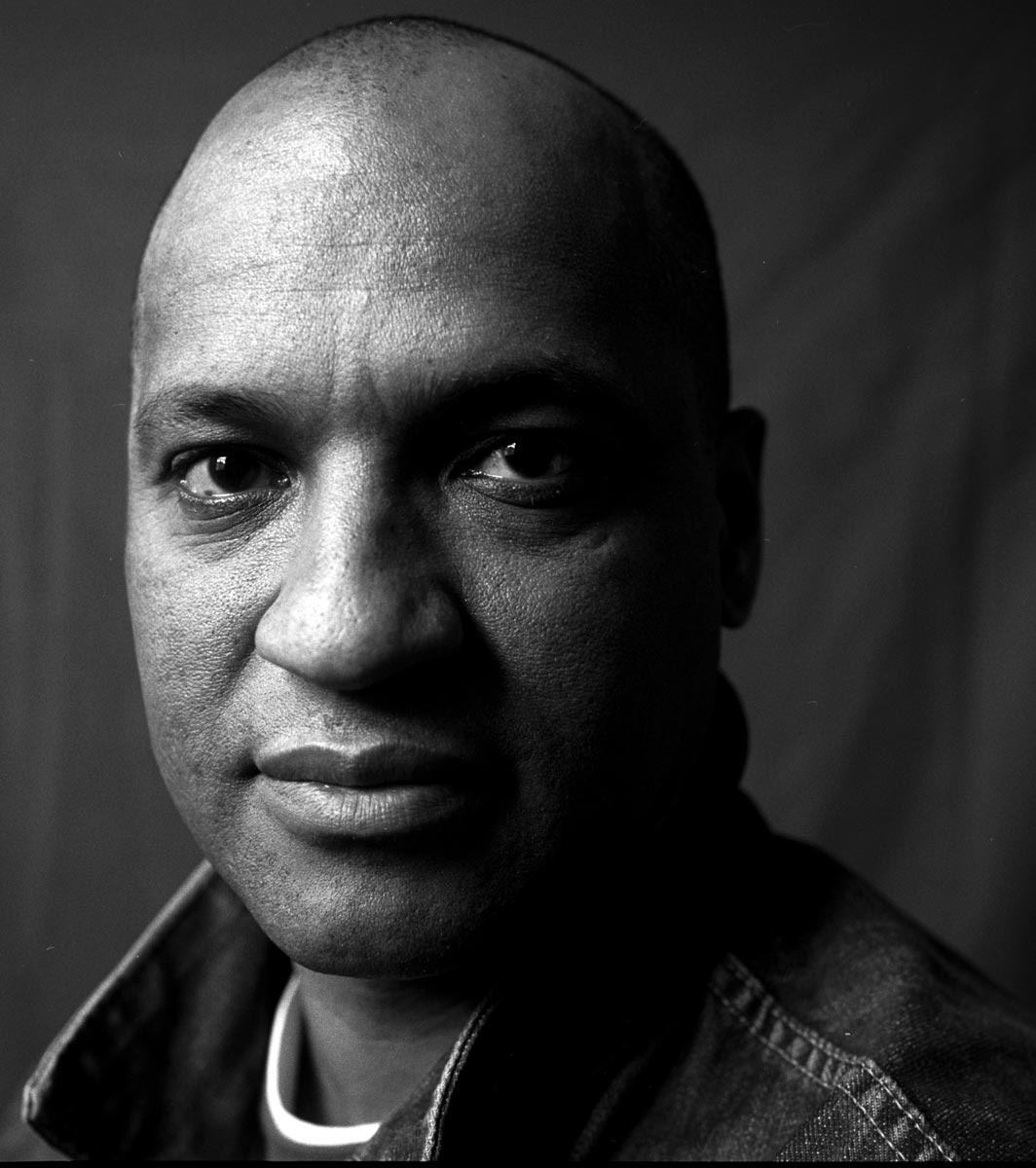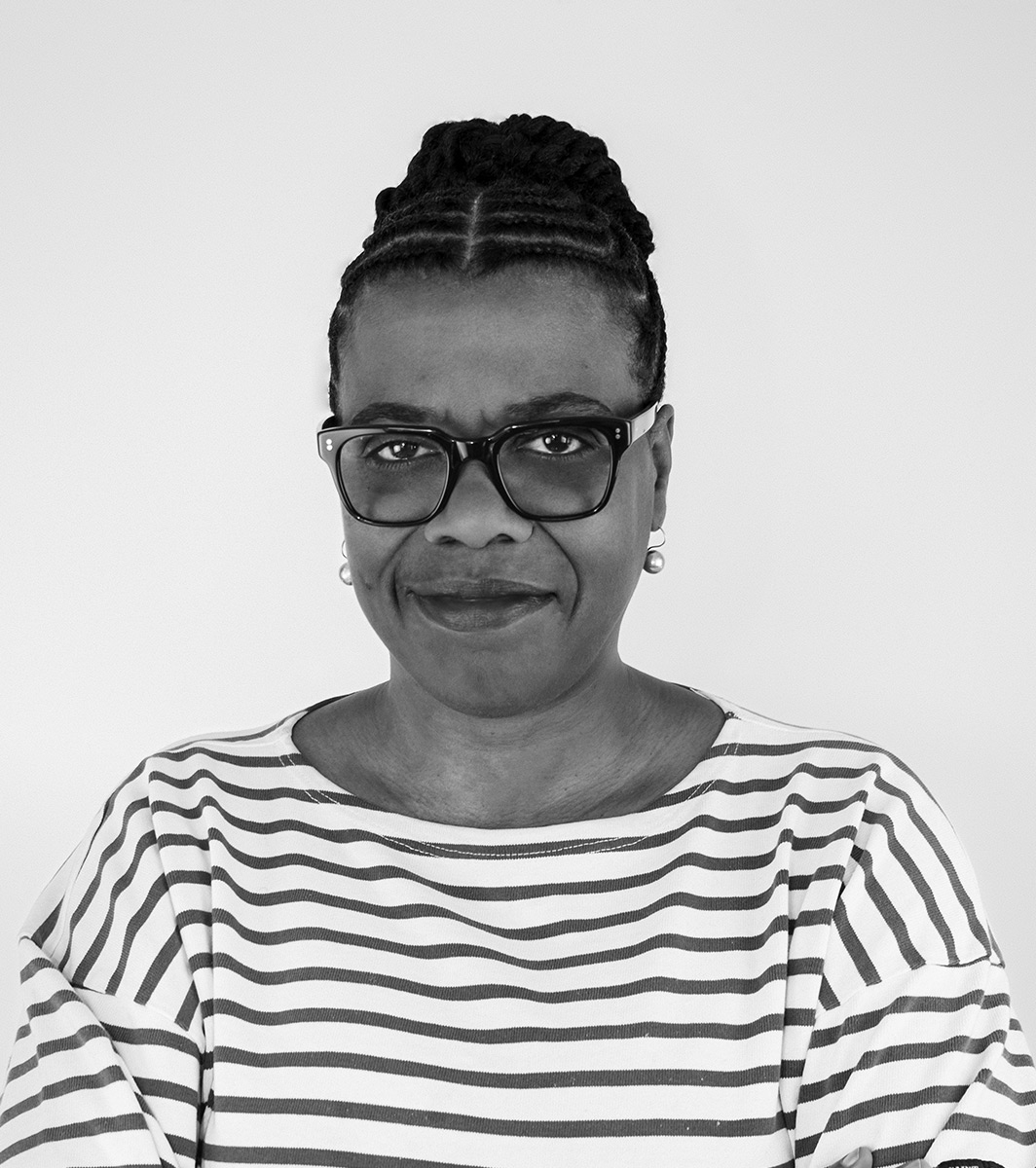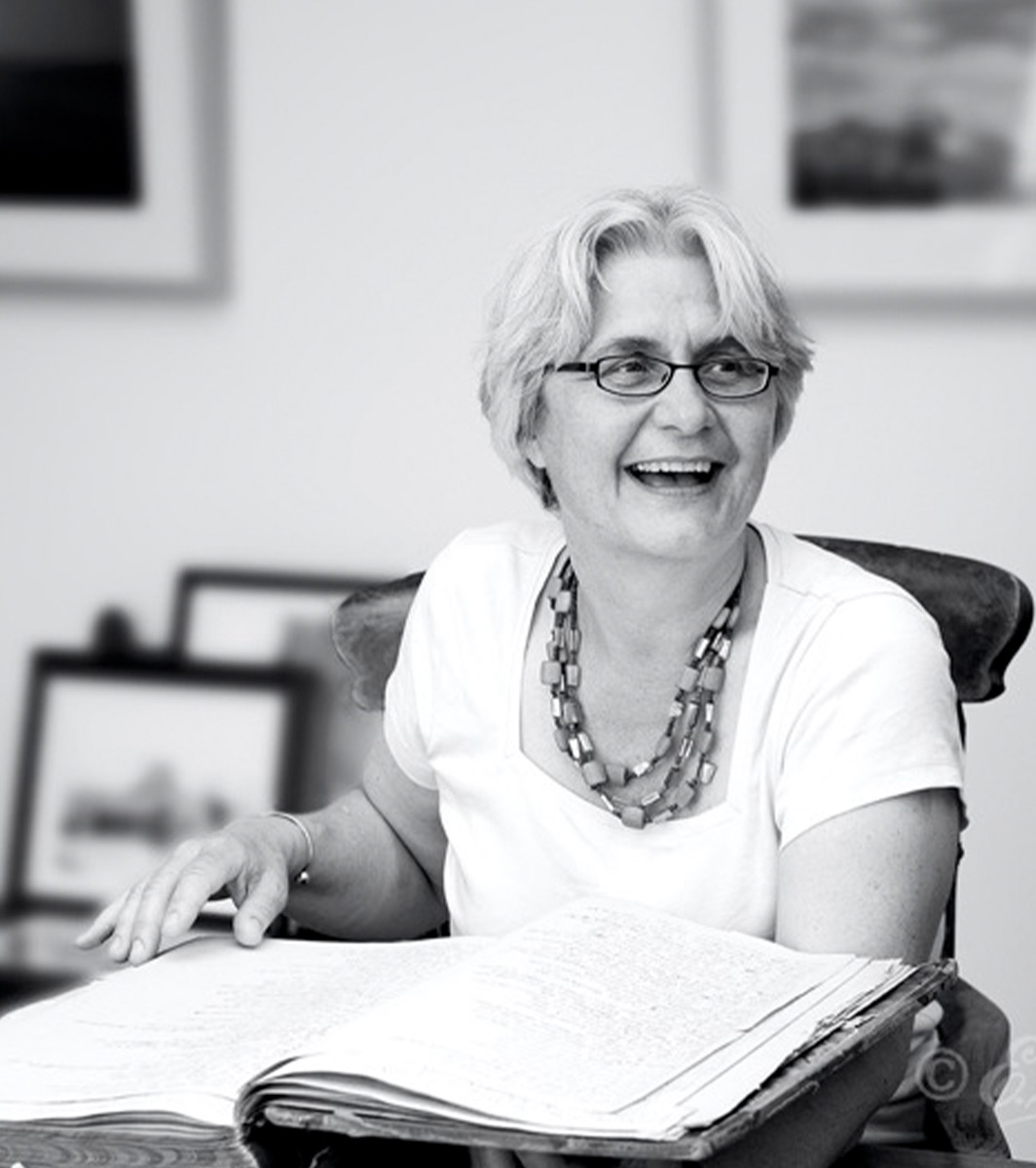In this seventh instalment of the series The Decolonising Lens, Mark Sealy will be in conversation with Gaëtane Verna, discussing the urgencies and complexities of programming within cultural institutions.
Looking back over Verna’s career, running leading institutions, notably the Powerplant in Toronto and recently the Wexner Centre for the Arts in Columbus, Ohio , the pair will cover the challenges of building a programme with diversity at its core, and the building of audiences that have been historically marginalised. Crucially, they will consider what “change” might or does look like within the cultural sphere.

is interested in the relationship between photography and social change, identity politics, race, and human rights. Sealy has been the executive director of Autograph since 1991 and has produced numerous publications, curated exhibitions, and commissioned photographers and filmmakers worldwide. Sealy has guest lectured and devised study programmes for arts and academic institutions around the world. In 2020 he joined the University of Arts London in the role of Principal Research Fellow Decolonising Photography and is a core member of PARC.
He has written extensively for international photography and art publications. In 2019 he published the critically acclaimed, best-selling book Decolonising The Camera: Photography in Racial Time. In 2019 he was awarded the Outstanding Service to Photography Award by The Royal Photographic Society. His curatorial projects include Human Rights Human Wrongs for Ryerson Image Centre, Toronto (2013) and The Photographers’ Gallery, London (2015), and the 2020 Houston FotoFest Biennial exhibition entitled African Cosmologies: Photography Time and The Other.

is the incoming Executive Director of the Wexner Centre for the Arts. Previously, she was Director and Artistic Director of The Power Plant Contemporary Art Gallery (2012–22), Toronto, Executive Director and Chief Curator of the Musée d’art de Joliette (2006–12) and was Curator of the Foreman Art Gallery at Bishop’s University, Sherbrooke (1999–2006), while also teaching in the Art History department of both Bishop’s University and the Université du Québec à Montréal.
Verna holds an International Diploma in Heritage Administration and Conservation from the Institut National du Patrimoine in Paris and received a DEA and master’s degree in Art History from the Université Paris I Panthéon-Sorbonne. Verna has years of experience in managing institutions, curating, publishing catalogues, and presenting exhibitions by emerging, mid-career, established artists. She serves on the Board of Directors of the Canada Council for the Arts, the Holt/Smithson Foundation, the Sobey Art Foundation and the Advisory Committee of the Art Gallery of Ontario’s Arts of Global Africa and the Diaspora. In 2017, she was appointed Chevalier de l’Ordre des Arts et des Lettres (Order of Arts and Letters) by the French government to spotlight and recognize her significant contribution to furthering the arts in France and throughout the world.

is currently the Director of the Photography and the Archive Research Centre (PARC). She is a curator, writer and lecturer, specialising in photography and curation. Her current research focus is the Edward Reeves Archive in Lewes, established in 1855 and believed to be the oldest still operating photographic Studio in the world.
Lardinois has curated numerous photography exhibitions both in her capacity as Photographic Curator at the Barbican Art Gallery and as the head of the Cultural Department at Magnum Photos. These include group exhibitions such as Magnum Ireland, as well as solo shows for Henri Cartier-Bresson and many others. Her published work includes editing Eve Arnold’s ‘People’ and Magnum.
Tickets for this event are booked through, and managed by, London College of Communication.
For any queries about their ticketing or privacy policies, please visit their website.
Banner image: Sasha Huber, Tailoring Freedom – Renty and Delia, 2021. Metal staples on photograph on wood, 97 x 69 cm. Courtesy the artist and Tamara Lanier. Original images courtesy the Peabody Museum of Archaeology and Ethnology, Harvard University (Renty, 35-5-10/53037; Delia, 35-5-10/53040).
Part of the event: Sasha Huber, Agassiz Down Under [detail], 2015. Courtesy the artist.
Speakers: 1) Mark Sealy, courtesy of Steve Pyke
Autograph is a space to see things differently. Since 1988, we have championed photography that explores issues of race, identity, representation, human rights and social justice, sharing how photographs reflect lived experiences and shape our understanding of ourselves and others.